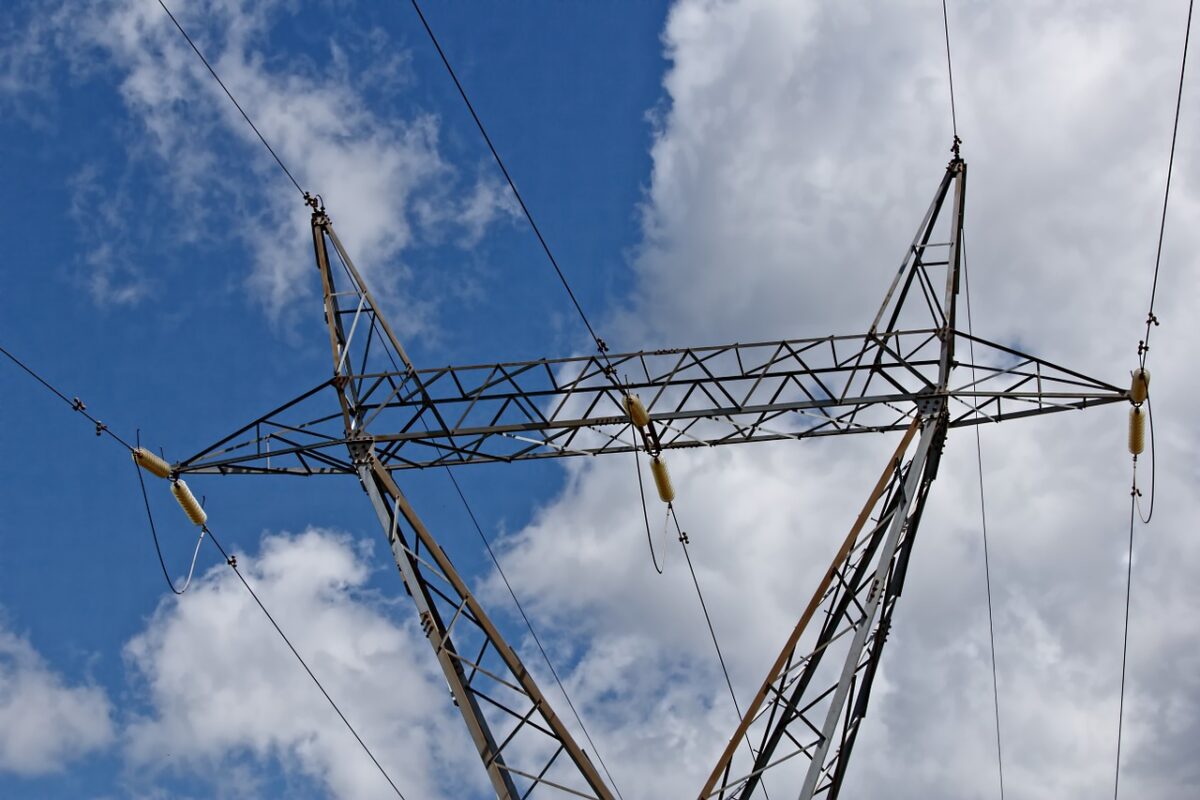If cutting off your nose to spite your face was an Olympic discipline, South Africa would be the favourite for gold every four years. But who would prevail in the national qualifiers? There is such a pool of talent to draw from that it would undoubtedly be very close.
Would the pupils who burn down their schools to show dissatisfaction with the quality of education come out on top? Or would the commuters who torch trains that are late edge them out? Both had better beware, because there are new entrants ready to shake things up. These are the people who, according to Eskom chief executive Andre de Ruyter, recently sabotaged Eskom’s Lethabo Power Station.
According to the Bureau for Economic Research, there have been allegations that the culprits are former Eskom employees, and “state capture beneficiaries” who want to destabilise the country’s power supply. That there remains anything left to destabilise probably came as news to most.
One is reminded of President Cyril Ramaphosa describing the violence and looting of a few months ago as “part of a deliberate, co-ordinated and well-planned attack on our democracy, the rule of law and our constitution”. And only last month, the ANC said that load shedding before the municipal election was part of a plot against it.
Conspiracies, conspiracies everywhere.
Could the sabotage at Lethabo be part of some nefarious conspiracy involving powerful people? Anything is possible. But it could just as easily be the handiwork of disgruntled former or current employees. Both possibilities would be in keeping with that fine tradition of cutting off your nose. All but the most well-paid Eskom employees are as reliant on the national power grid as most of their fellow South Africans. As for the so-called state-capture crowd, who can fathom the depths of their plans? Perhaps destroying the country’s infrastructure and economy will somehow help them if they can regain some of their former power. It is much more likely, however, they just enjoy making life as difficult as possible for Ramaphosa, and if that means also making it difficult for the masses they claim to represent, well, so be it.
A complicated conspiracy or revenge against an employer, the result is the same: more suffering, more load shedding.
There is no better example of the callous disregard for life that permeates actions such as these as the blocking of emergency-vehicle entrances at hospitals by nurses who demand a raise. We live in a country where the people whose calling is supposedly to save lives will knowingly allow others to die if it means a few hundred rands are added to their salaries. The difference between them and the thugs who kill someone for R50 is only one of degree.
The same can be said about those who brought down the pylon at Lethabo. It hardly needs to be said at this point, but none of this will end anywhere good. Common sense is not suddenly going to prevail in our body politic. A culture of valuing the life and well-being of fellow citizens is not going to magically replace the culture of death that stalks our streets and hospital entrances.
Most of us will have to be forgiven, however, for not spending too much time thinking about such lofty goals as repairing the moral fibre of society, or wasting mental energy unravelling conspiracies. Most South Africans will instead be thinking about how they will cope with the next round of load shedding. And, with Moneyweb reporting that Eskom wants to increase tariffs by 20 percent next year, they will also have to readjust their budgets.
Here’s a suggestion that may make the Eskom budget a bit smaller, and therefore keep increases lower: fire the PR people who keep coming up with the line that “load shedding will continue until [insert random year here]”. Not even the most credulous among us are under the illusion that load shedding will ever come to an end. It is here to stay, and we have no choice but to accept that. This is why it has never been more important to seriously look into ditching Eskom altogether. While off-grid solutions remain expensive, they continue to become more and more affordable. Over the long term, investment in solar will cost less than continuing to pay Eskom every month for their shoddy supply. Consider just how much load shedding harms quality of life. Would it make sense to spend the money that would have gone into a new car over the next five years into a system that frees you from Eskom’s decrepit grip?
It is time we focus on what we can do to ensure that we can provide, on a personal and community level, those services a well-functioning state is supposed to. It’s already been done in health care and education, albeit only for those who can afford it.
The question of whether the lights stay on or off can no longer be left in the hands of Eskom.

